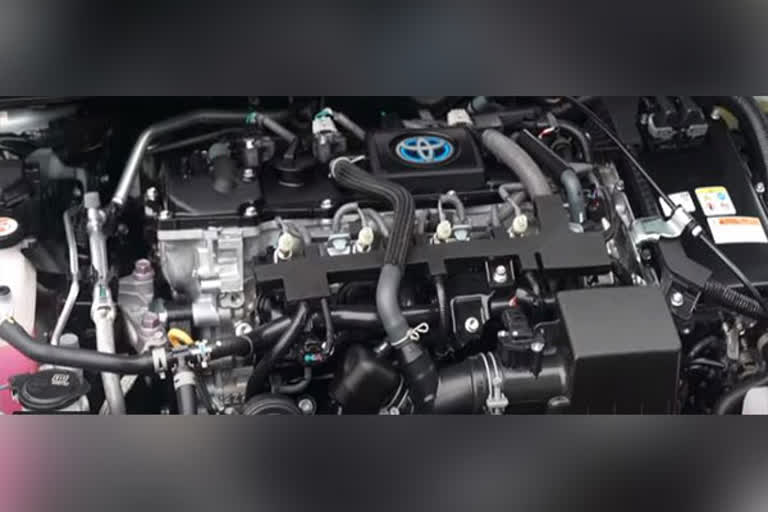New Delhi [India]: As the world is discussing what should be the next alternative energy to run vehicles, Toyota has launched a first-of-its-kind pilot project flex fuel-strong hybrid electric vehicle (FFV-SHEV) in India. The new vehicle can run on 100 per cent ethanol. An FFV-SHEV possesses a flex-fuel engine and an electric powertrain.
This setup extends the dual advantages of higher ethanol use and greater fuel efficiency, as it can run in its EV mode for a good amount of time, while the engine stands shut off. This seems to be providing solutions to the much-discussed concern of finding an alternative medium to run vehicles in the long run. Though India has been rolling out initiatives in almost all other alternative energy technologies, reducing vehicular emissions has become one of the most urgent targets for the country in recent times.
The focus has thus been shifted to the endorsement of hydrogen and electric vehicles. India's minister Nitin Gadkari launched Toyota's first-of-its-kind pilot project on a flex fuel-strong hybrid electric vehicle (FFV-SHEV). The new vehicle can run on 100 per cent ethanol. Ethanol - perhaps the most ubiquitous of the alternative biofuels, a locally produced substance, has made its way into people's gas tanks. It is environmentally friendly that aligns with stricter emission norms.
On the heels of being alternative, environment-friendly fuels that can help combat both rising fuel prices & pollution levels, flex-fuel or Flexible fuel has been gaining traction. These are seen as alternative fuels which are a combination of regular gasoline and methanol/ethanol. Unlike CNG fuel systems which store petrol and CNG in separate tanks and are used separately by the engine, the flex-fuel combination is stored in the same tank of fuel and is used by the engine as a blended fuel.
Flex fuel engines are already popular in Brazil, the United States, European Union and China among many others. India is the fifth largest manufacturer of ethanol following the US, Brazil, the European Union and China. According to IHS Markit, as of 2018, there were over 21 million flex-fuel vehicles in the United States, but Brazil is the biggest market and a leader in this segment.
